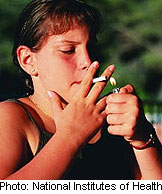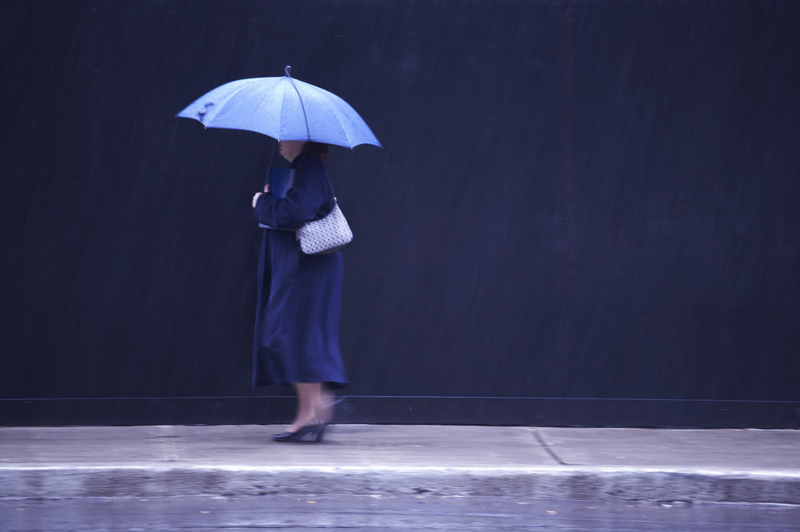
FRIDAY, May 16, 2014 (HealthDay News) — Preteens who take part in certain extracurricular activities may be less likely to try smoking or drinking, a new study suggests.
“How children spend their time matters,” lead author Anna Adachi-Mejia, of Dartmouth College’s Norris Cotton Cancer Center, said in a college news release. “Parents and guardians may think that tweens need less adult supervision when they are not in school. However, our research suggests that certain coached extracurricular activities can help prevent tween smoking and drinking.”
The findings are from a 2003 survey of more than 6,500 U.S. students, who were asked about various types of extracurricular activities. The children were all between the ages of 10 and 14, a group that’s sometimes called “tweens.”
More than half of the tweens said they played team sports with a coach (55.5 percent) or without a coach (55.4 percent) a few times a week. While nearly three-quarters said they were not involved in school clubs, nearly 86 percent said they participated in other clubs.
About half of the students took music, choir, dance and/or band lessons, according to the survey. It also found that more than half of the students involved in religious activities engaged in such activities a few times a week.
Playing team sports under the supervision of a coach was the only extracurricular activity associated with a lower risk of trying smoking. Being part of non-school clubs was the only activity associated with a lower risk of trying drinking, the Dartmouth College researchers found.
Further research is needed to learn why some types of extracurricular activities reduce the likelihood that tweens will try smoking or drinking and others don’t, Adachi-Mejia said.
But, she noted that the finding of reduced smoking while playing sports with a coach might offer an opportunity for intervention.
“Unfortunately, in the transition from the tween to adolescent years, coached sports teams face pressure to shift from a philosophy of inclusion to a greater emphasis on winning. This shift potentially shuts out tweens with fewer skills and/or lesser interest in facing the pressures associated with increased competition. I’d like to encourage communities and schools to explore the possibility of offering noncompetitive, affordable team sports with a coach,” Adachi-Mejia said.
The study was published in the May issue of the journal Academic Pediatrics.
More information
The U.S. National Library of Medicine has more about youth and smoking.
Copyright © 2026 HealthDay. All rights reserved.

